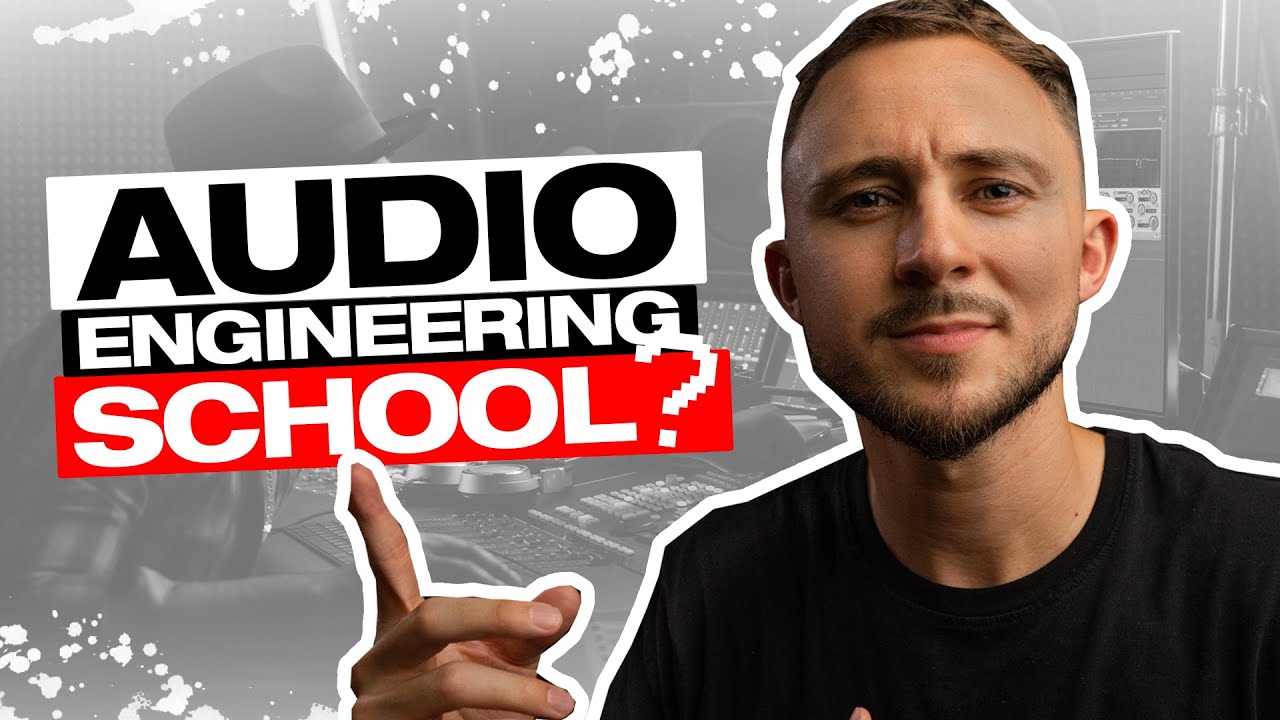Teach Yourself Anything AND be good at it. The Best Approach.
Summary
TLDRIn this insightful video, Vaughn Gene shares his method for effective self-learning, emphasizing the importance of structure over the overwhelming abundance of online resources. He suggests organizing materials into beginner, intermediate, and advanced phases, using tools like Google Docs or Notion. Vaughn also highlights the significance of applying knowledge rather than merely consuming it, advocating for focused learning and the avoidance of content overload. His approach, tested in areas like language fluency and software engineering, encourages viewers to take action and progress steadily without getting lost in the sea of information.
Takeaways
- 📚 **Structured Learning**: Create a self-guided course with a clear structure, mimicking educational systems to maximize online learning resources.
- 🔗 **Categorization**: Organize learning materials into beginner, intermediate, and advanced phases using tools like Google Docs or Notion to keep track of progress.
- 🔍 **References**: Collect and categorize resources such as video links, book names, and articles to build a comprehensive learning library.
- 🏫 **Curriculum Following**: Utilize existing college or university curriculums as a guide to structure your learning path, especially when starting out.
- 🚫 **Avoid Overloading**: Resist the temptation to accumulate too many resources at once; start with a few from each phase to maintain focus and motivation.
- 🎯 **Implementation Over Consumption**: Apply the 1% rule—1% is about acquiring materials, 99% is about what you do with them, emphasizing action over consumption.
- 🔄 **Continuous Application**: Understand that short tutorials may take a long time to fully implement, so be patient and persistent with the learning process.
- 👍 **Quality Over Quantity**: Prioritize mastering one piece of content thoroughly over having a superficial understanding of many.
- 🧘 **Mindful Consumption**: Stay focused on the learning materials you've chosen and avoid the constant search for more resources.
- 🛍️ **Consider Buying Courses**: Sometimes, investing in a course can provide a structured start and speed up the learning process, especially when combined with free resources.
- 🔄 **Exhaust Content**: Fully exhaust the content you have before moving on, and only seek new material when you're ready to advance to the next level.
- 🤔 **No One-Size-Fits-All**: Accept that there is no single correct way to learn; adapt your learning plan to your needs and preferences.
- 🔑 **Results-Oriented**: Focus on the results you want to achieve rather than the process or the amount of content consumed, as results come from application, not just learning.
Q & A
What is the main challenge mentioned in the script when learning things online?
-The main challenge is the overwhelming amount of resources available, which can make it difficult to find a good flow and actually learn effectively.
What is the speaker's method for learning new skills?
-The speaker's method involves creating a structured learning plan, similar to a school curriculum, and applying the material consistently without getting distracted by random content.
What are the three phases of learning that the speaker suggests categorizing content into?
-The three phases are the beginner phase, intermediate phase, and advanced phase.
What tool does the speaker recommend for organizing the learning material?
-The speaker recommends using tools like Google Docs, Notion, or even drawing on a sheet of paper to organize the learning material into categories.
How does the speaker suggest finding a structured learning path?
-The speaker suggests looking up actual curriculums from colleges or universities and using those as a guide to find relevant videos or other learning materials.
What is the '99% and 1% rule' mentioned by the speaker, and what does it imply about the learning process?
-The '99% and 1% rule' implies that 1% of the learning process is about acquiring the material, while 99% is about applying what has been learned. It emphasizes the importance of implementation over consumption.
According to the speaker, why do people often feel like they need more content or videos?
-People often feel the need for more content because they may not realize that a short video or tutorial can take a long time to fully implement and master, leading to the misconception that they need more information.
What is the speaker's advice on dealing with the fear of missing out on valuable information?
-The speaker advises checking in with favorite or trusted resources periodically to stay informed without getting overwhelmed by the constant search for new material.
Why does the speaker recommend considering buying a course even when using free online resources?
-The speaker recommends buying a course because it can provide a laid-out plan for learning, which can speed up the learning process by offering a structured approach and saving time.
What is the key takeaway from the video according to the speaker?
-The key takeaway is the importance of applying the learned material rather than just consuming it, and understanding that progress comes from consistent action rather than endless searching for more content.
What does the speaker suggest as a sign that one has fully exhausted the content they are learning?
-The speaker suggests that a sign of fully exhausting the content is when one can almost teach it to someone else, indicating a deep understanding and mastery of the material.
Outlines

Esta sección está disponible solo para usuarios con suscripción. Por favor, mejora tu plan para acceder a esta parte.
Mejorar ahoraMindmap

Esta sección está disponible solo para usuarios con suscripción. Por favor, mejora tu plan para acceder a esta parte.
Mejorar ahoraKeywords

Esta sección está disponible solo para usuarios con suscripción. Por favor, mejora tu plan para acceder a esta parte.
Mejorar ahoraHighlights

Esta sección está disponible solo para usuarios con suscripción. Por favor, mejora tu plan para acceder a esta parte.
Mejorar ahoraTranscripts

Esta sección está disponible solo para usuarios con suscripción. Por favor, mejora tu plan para acceder a esta parte.
Mejorar ahora5.0 / 5 (0 votes)






